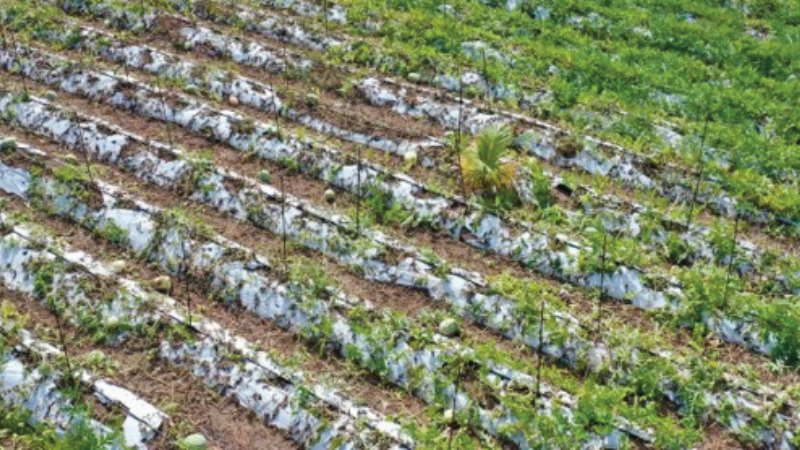by International Cooperation and Development Fund (Taiwan ICDF)
Description
According to World Bank data, Saint Kitts and Nevis have already been affected by climate change:
- The temperature has risen by 6.06 degrees Celsius since the ‘60s; by 2050 temperature in Saint Kitts and Nevis will increase by 1.3 Celsius;
- Speed of wind has increased;
- The number of dry days is expected to increase;
- Sea levels are expected to rise between 0.3 and 0.5 metres by 2090;
- Extreme weather events: 12% increase in hurricanes, 4%increase in floods and a 3% increase in droughts.
Taiwan ICDF started several projects in the region, in order to tackle the challenge of climate change for the agricultural sector:
- Gathering of early warning information: installation of weather stations for real-time data, integrated with the
collaboration with ICT centres for the storage of data and with CIMH, the Caribbean Institute of Meteorology and
Hydrology; - Developing and introduce crop disaster mitigation and prevention techniques. This is done by:
- Assessing challenges faced by the agricultural sector with farmers;
- Developing and/or introduce crop disaster mitigation and prevention techniques: in model farms and farmers’ demo fields with crop cultivation trials (introducing relevant Taiwanese varieties) and disease and pest monitoring in response to extreme weather conditions;
- Cultivation management methods, materials and equipment. Some cultivation techniques: Nursery; Plant Spacing; Mulch; Rationalized fertilization; Irrigation; Flower/fruit thinning; Training and Pruning; Pest control; Crop rotation to avoid soil sickness.
Results
- Availability of information for farmers;
- Increase in yields;
- Control pest diseases;
- Annual reports on crop disaster mitigation and prevention techniques.
Climate smartness*
The diverse practices promoted in the project contribute significantly to the three central cores of CSA since it focuses on increasing crops profitability, mitigation and climate change adaptation. Most of the practices promoted by this project are identified as part of the most relevant ones at a global scale, according to the review and evaluation made by Sova et. al., 2018.
The implementation of weather station networks as well as setting up early warning systems are relevant aspects in this project since they will allow producers to have access to weather information helping them in decision making.
Nevertheless, it would be interesting to use medium-term forecasts that allow better crop planning and management processes some months ahead. In order to do this, it is key to empower producers on access and use of weather information and its linkage with agricultural activities. By doing this, producers will be able to identify the aspects to be strengthened in their production systems and based on previous experiences, they would be able to implement more CSA practices.
*This is done in the framework of climate-smart agriculture (CSA) approach. Climate-smartness in agriculture means understanding impacts of climate change and variability along with the agricultural activity, which includes the planning of what crop to plant, when to plant, what variety to plant and what type of management practices are needed to reduce the impact on the environment (e.g. emissions reduction), maintain or increase productivity (e.g. yields) while increasing resilience and improving livelihoods.


